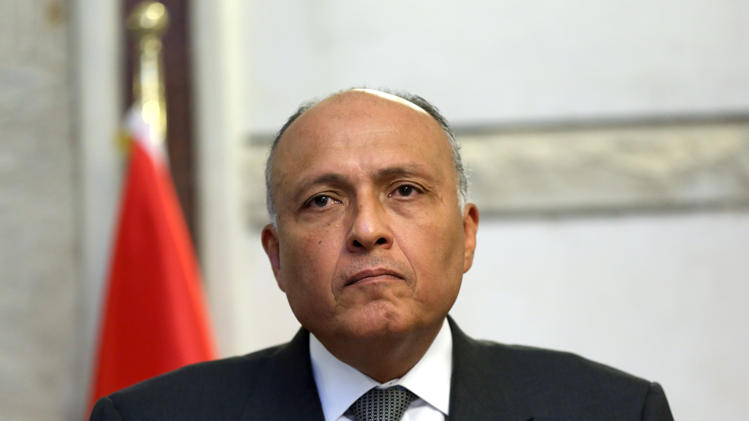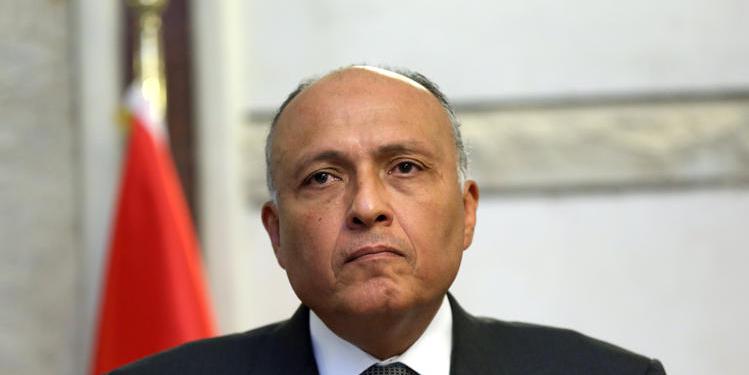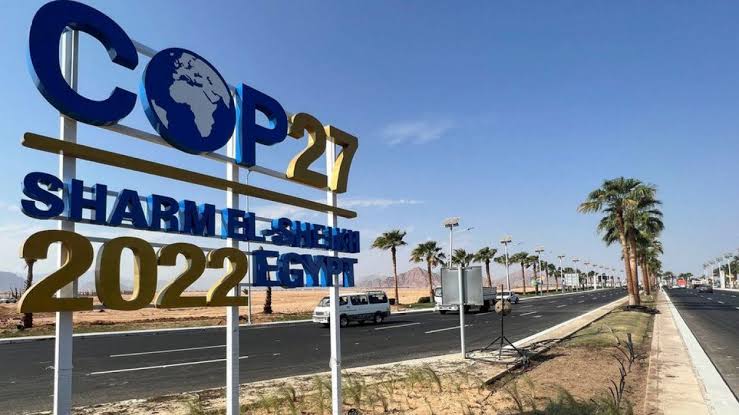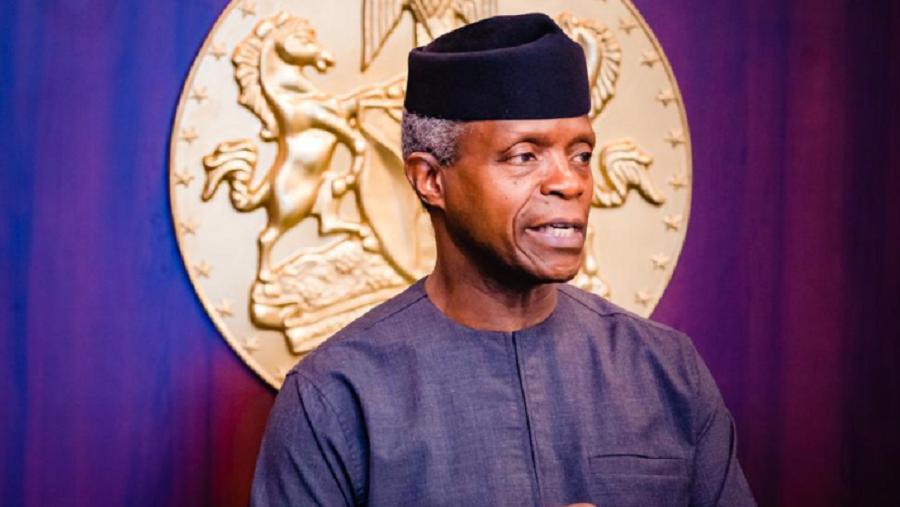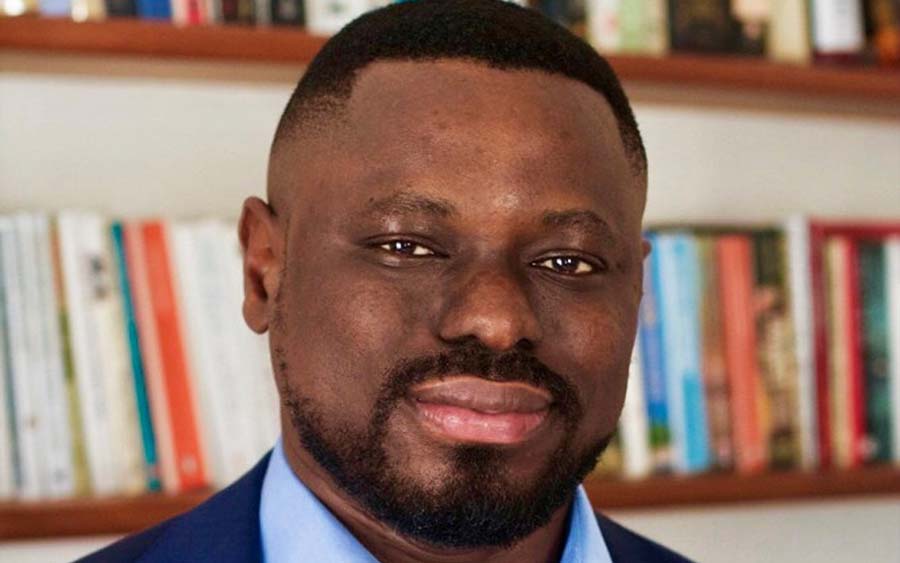The President of COP 27, Sameh Shoukry, said attending parties at this year’s climate change conference have failed to reach a consensus on loss and damage, mitigation, and adaptation.
Shoukry disclosed this during a telecast on November 19 to brief stakeholders on the circumstances that led to an extension of talks between groups and parties.
According to him, the contentious issues of loss & damage, the mitigation work programme, and the global role of adaptation have necessitated further consultations and efforts between parties.
Current situation: Shoukry said that given the divergence among parties on the three issues, he mandated pairs of facilitators and ministers to further conduct consultations to which he was being reported. Shoukry said:
- “Those deliberations did not result in any clear direction towards consensus on those issues. Since the stock-taking, we have been working all of yesterday, and through the night with all of the negotiating groups, to hear from them directly on their perspectives, interests, and where they see a landing zone to deal with these issues so that we can find a path forward and move ahead to reconfirm our dedication to the UNFCCC process and our ability to meet the challenges of climate change.”
He further disclosed that he developed some texts on all three issues after listening to the various perspectives of the parties. He said he believes the texts to be balanced and can constitute a basis for moving forward. He further consulted with the parties and allowed them to review those texts and comment on them, introducing certain minor amendments. Shoukry said:
- “As you might imagine, none of the groups could say that all of their interests were reflected but a vast majority of the parties indicated to me that they considered the texts as balanced and that they constitute a potential breakthrough that can lead to consensus. There is dissatisfaction in all quarters and there is still a desire by parties to further explore the texts, and I will be providing them further opportunity to do so.”
He concluded his address by noting that the issue now rests with the will of the parties, highlighting the fact that the parties must rise to the occasion and find areas of convergence and move forward. He said:
- “It is up to the parties to show their determination and to reach a consensus to reinforce the credibility of the United Nations Framework Convention on Climate Change (UNFCCC) process and to address through it, the challenges related to climate change and the impact that millions are suffering under the consequences of what we have seen in the devastation of weather patterns, floods, cyclones and the loss of lives and livelihoods that are associated. There is never a perfect solution but there is an effort I have exerted to provide a basis to move forward upon and I hope all will take advantage of this development.”
According to Shoukry, the texts he drafted keep the 1.5°C (2.7 degrees Fahrenheit) goal alive because he recognizes its importance in dealing with the challenges of climate change.
- In 2015, the Paris Agreement established the long-term temperature goal of holding the increase in the global average temperature to well below 2°C above pre-industrial levels and pursuing efforts to limit temperature increase above pre-industrial levels.
- Although sceptics have said the goal is impossible to achieve, some scientists believe that limiting warming to 1.5°C is still possible and there are emission reduction pathways in the scientific literature and from the IPCC that illustrate what is required to do so. But the window is rapidly closing.
- According to Climate Analytics, limiting warming to 1.5°C critically depends on stringent near-term emission reductions and halving global greenhouse gas emissions by 2030, net-zero CO2 emissions globally by 2050 as well as stringent emission reductions in all greenhouse gases. Further warming will likely stop soon after net zero CO2 emissions are achieved globally.
In case you missed it: Earlier in the week, Nigeria’s Minister for Environment, Mohammed H. Abdullahi, presented the country’s national climate agenda which featured energy transition plans, adaptation, debt for climate, the Great Green Wall initiative as well, as the need for developed countries to fulfil funding pledges.

